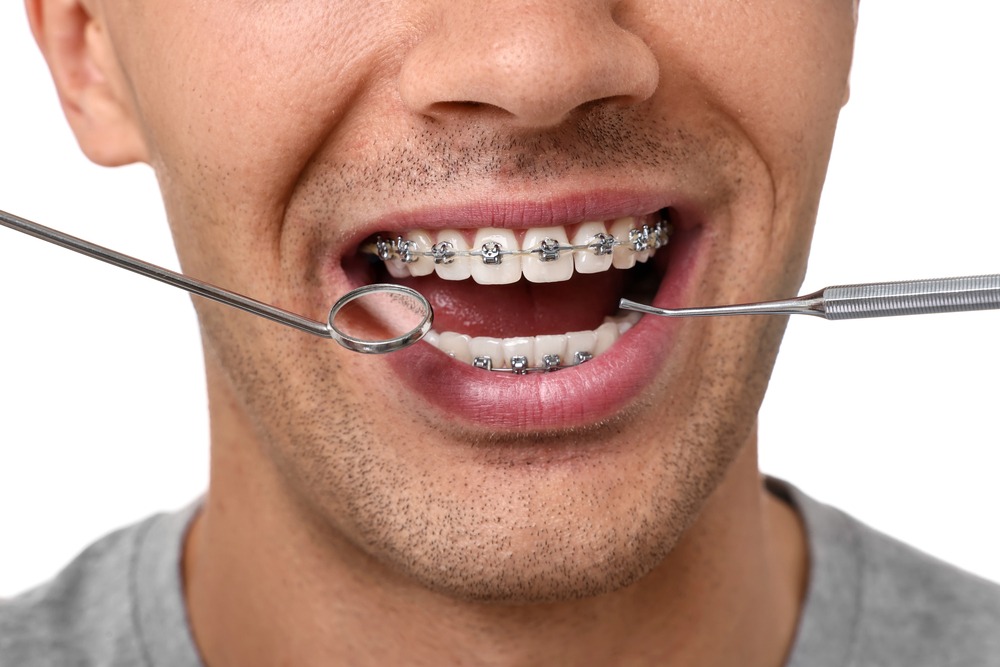Maintaining good dental health is essential for overall well-being, and early intervention plays a crucial role in preventing long-term oral problems. By addressing dental issues promptly, patients can avoid complicated procedures later in life, reduce discomfort, and maintain a healthy smile. Understanding the advantages of early dental treatment can motivate individuals and parents to take timely action.
For those considering corrective options, consulting a specialist in orthodontics can provide tailored guidance on preventing future dental complications. Orthodontic professionals assess growth patterns, bite alignment, and overall oral health, ensuring that treatments are not only effective but also minimally invasive. Early evaluation and intervention can make a significant difference in achieving optimal dental outcomes.
1. Prevention of Severe Dental Problems
One of the primary benefits of early dental treatment is the prevention of severe issues that may develop over time. Crooked teeth, misaligned bites, and crowded teeth can lead to gum disease, tooth decay, and jaw discomfort if left untreated. By addressing these concerns early, patients can avoid more complex procedures like tooth extractions or corrective surgeries in the future. Preventive care not only protects oral health but also reduces the financial and emotional burden of extensive treatments.
2. Improved Oral Function
Early dental treatment helps ensure that teeth and jaws develop properly, enhancing overall oral function. Proper alignment of teeth improves chewing efficiency, speech clarity, and even breathing in some cases. Addressing bite issues and jaw misalignments during childhood or adolescence allows natural growth patterns to correct minor discrepancies, promoting optimal function and reducing the likelihood of complications in adulthood.
3. Enhanced Aesthetic Outcomes
A straight, well-aligned smile is often associated with confidence and self-esteem. Early orthodontic evaluations and interventions can guide teeth and jaw development, resulting in more aesthetically pleasing outcomes. By correcting alignment issues before they become severe, patients benefit from a naturally harmonious smile, reducing the need for more extensive cosmetic procedures later. A confident smile also positively impacts social interactions and overall mental well-being.
4. Reduced Risk of Pain and Discomfort
Misaligned teeth and bite problems can cause chronic discomfort, headaches, and even jaw joint issues if not addressed in time. Early treatment can alleviate these problems by gently guiding teeth into proper positions and correcting bite irregularities. Patients experience less pain, fewer emergency dental visits, and improved overall oral comfort. This proactive approach minimizes stress and enhances quality of life by preventing preventable dental issues.
5. Long-Term Cost Savings
Investing in early dental treatment often results in significant cost savings over time. Minor interventions during childhood or adolescence are generally simpler, shorter in duration, and less expensive than extensive corrective procedures required in adulthood. Addressing dental issues early reduces the likelihood of repeated treatments, emergency interventions, and complex surgeries, ultimately making long-term dental care more affordable and efficient.
Conclusion
Early intervention in dental care provides a wide range of benefits, from preventing severe oral problems to improving aesthetics, functionality, and comfort. Consulting an orthodontics specialist at the right time ensures that treatments are tailored, effective, and minimally invasive. Patients who prioritize early dental care enjoy long-lasting oral health, a confident smile, and reduced financial and medical burdens.
By understanding and acting on these benefits, individuals and parents can ensure optimal dental outcomes for the present and future. Taking a proactive approach to oral health is not just about addressing current issues but also about securing a lifetime of healthy teeth and gums. Early treatment truly lays the foundation for lasting dental health.

